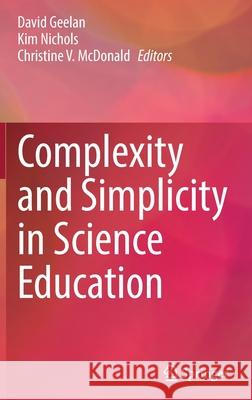Complexity and Simplicity in Science Education » książka
topmenu
Complexity and Simplicity in Science Education
ISBN-13: 9783030790837 / Angielski / Twarda / 2022 / 326 str.
Complexity and Simplicity in Science Education
ISBN-13: 9783030790837 / Angielski / Twarda / 2022 / 326 str.
cena 563,56
(netto: 536,72 VAT: 5%)
Najniższa cena z 30 dni: 539,74
(netto: 536,72 VAT: 5%)
Najniższa cena z 30 dni: 539,74
Termin realizacji zamówienia:
ok. 16-18 dni roboczych.
ok. 16-18 dni roboczych.
Darmowa dostawa!
Kategorie:
Kategorie BISAC:
Wydawca:
Springer
Język:
Angielski
ISBN-13:
9783030790837
Rok wydania:
2022
Wydanie:
2021
Ilość stron:
326
Waga:
0.49 kg
Wymiary:
23.39 x 15.6 x 1.42
Oprawa:
Twarda
Wolumenów:
01
Dodatkowe informacje:
Wydanie ilustrowane











